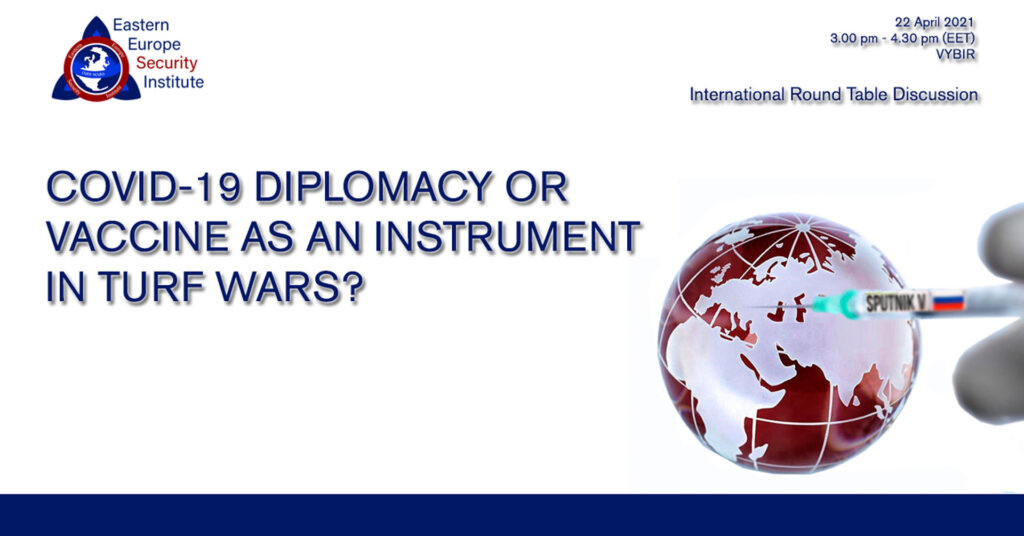
In 2020 the issue of COVID-19 pandemic significantly altered the spirit of international cooperation among the countries in the world, thus, increasing the gap between the declared intentions to get united in the fight against the decease and actual actions of the states, who entered into a competition for the means of protection. Even indecent practices of withholding the previously agreed international supplies of key protective medical gear had been observed, which severely undermined the principles of solidarity and mutual help.
The appearance of fast-cooked vaccines to combat the spread of virus only aggravated the situation. Limited time for research and laboratory testing made the manufacturers vulnerable to manipulations from the antagonistic forces over side-effects of these “antidotes” and created a wide room for speculations over their possible efficiency. Lack of manufacturing facilities to produce enough jabs for the world population led to inevitable sequencing of queues and fractioned the world community into classes of priority.
The European Union followed the suit with the above-mentioned social and political side-effects of the COVID-19, which have significantly challenged and shaken the European solidarity: the nation-states began to resort to national protective policies, which included the right to choose the COVID-19 vaccine even if it had not been approved by the European Medicines Agency (EMA).
Against this background, the issue of a right vaccine has become an influential tool, which is attractive to use in geopolitical power games, as a country-manufacturer is considered to be in a possession of an important resource, which is capable to regulate the risks of a human’s physical existence and even health of entire nations. No wonder that the countries like China and Russia, which are on seemingly adversarial
terms with the USA and the EU, would feel tempted to grasp this opportunity to create an extra tool of influence and to strengthen their power by exploiting the vulnerability of their opponents.
With recent developments in (1) temporal suspension and only partial renewal of AstraZeneca vaccine in a number of the EU member-states; (2) unilateral decisions of some Eastern European countries like Hungary, Slovakia and Czech Republic to buy Russian vaccine Sputnik-V ahead of a formal approval of this vaccine by the EMA; (3) rumors by Russian propaganda of a perspective manufacturing of the Russian vaccine in Italy, Spain, France and Germany, and recent launch of actual manufacturing in Serbia – some European media has already qualified the geopolitical effect of the Russian vaccine strategy in Europe as “a triumph of Russian diplomacy”.
While speaking about its vaccine Sputnik-V and perspective cooperation with the European countries over its manufacturing, Russians talk about “Covid-Diplomacy”. This clashes with the counter-definition of a Russian vaccine being a hybrid war instrument, endorsed in the recent report of the US Department of State’s Global Engagement Center, which discovered the evidence of severe disinformation and fake news campaign by Russian sites aiming to undermine the efficiency of the Western vaccines and to promote the triumphant success of Sputnik-V.
The EESI Round Table “COVID-19 DIPLOMACY OR VACCINE AS AN INSTRUMENT IN TURF WARS?” set up a discussion on the following questions:
The Deputy Minister of Foreign Affairs of Ukraine Mr Vasyl Bodnar and HE the Ambassador of Latvia to Ukraine Mr Juris Poikans were joined in this discussion by senior representatives of the National Security and Defense Council of Ukraine and academia of Eastern European countries and the USA.
The full version of the report is presented below.